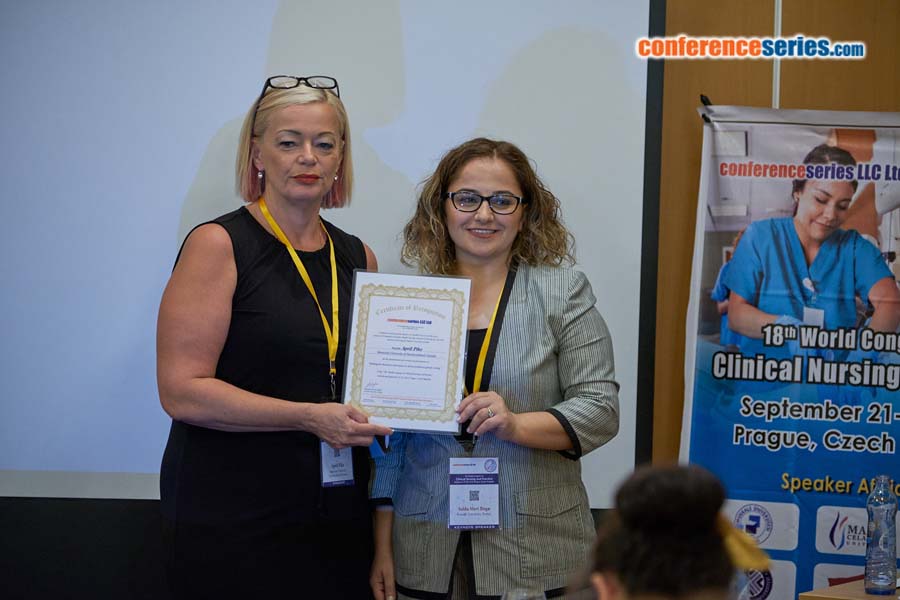
April Pike
Memorial University, Canada
Title: Making the decision to particpate or decline predictive genetic testing
Biography
Biography: April Pike
Abstract
Genetic knowledge has shifted rapidly from the traditional lab of the bench scientist into the mainstream lives of individuals through media and private industry. This presentation examines how people at risk for a genetic linked condition make the decision to participate in or forgo genetic testing. Drawing on research done in the area of Arrhythmogenic Right Ventricular Cardiomyopathy two approaches to decision making are discussed: the decision to be tested either (a) develops gradually over time or (b) happens so quickly that it is felt as a “fait accompli.” Six key factors that influenced the particular approach taken by the participants were identified: (1) scientific process -- available and relevant predictive genetic test; (2) numerous losses or deaths within the family; (3) physical signs and symptoms of disease; (4) gender; (5) sense of relational responsibility or moral obligation to other family members; and (6) family support. This study found that at risk individuals juxtapose scientific knowledge against their experiential knowledge and the six identified factors in order to make the decision to participate in genetic testing. Nurses play a significant role in helping individuals decipher genetic knowledge and making the decision to have genetic testing. Recommendations include the creation of a relational space within which to provide psychological counselling and assessment for the six identified factors that shape the decision to engage in predictive genetic testing.
Speaker Presentations
Speaker PDFs
Speaker PPTs Click Here




